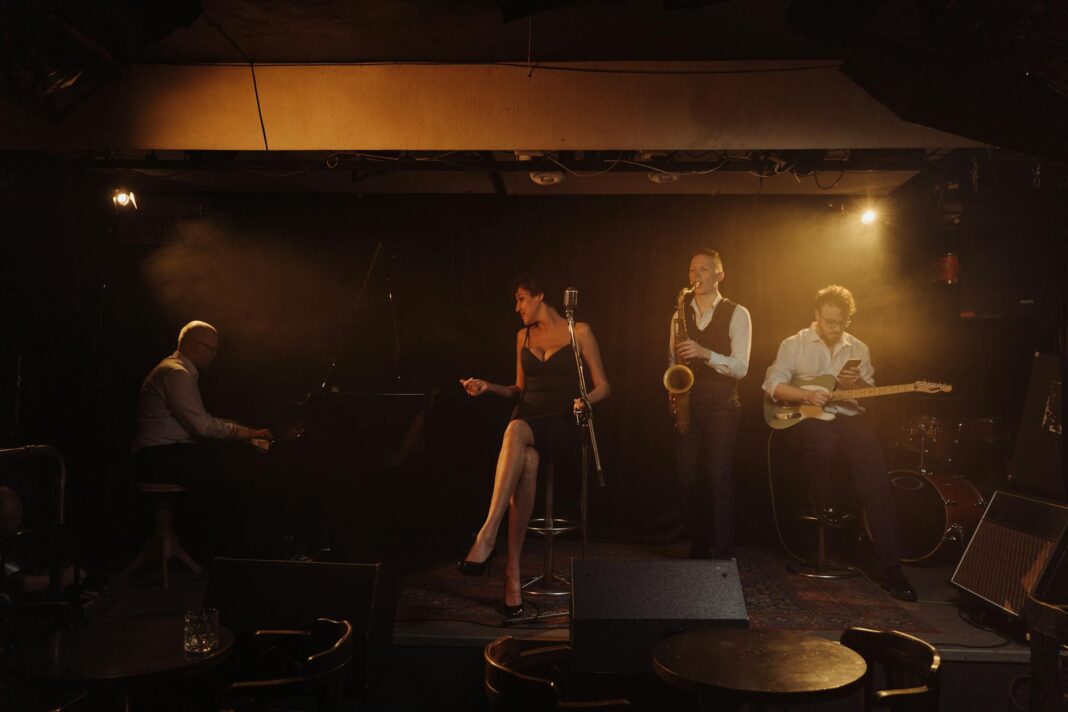The AI tidal wave in music creation isn’t just knocking on the door—it’s bulldozing the whole damn house. Tens of thousands of tracks flood the market daily, turning visibility into the new bottleneck. Micro studios and indie creators, once the scrappy underdogs, now wield AI like a double-edged sword: it slashes production time and costs but also spawns “prompt fatigue” and a homogenized soundscape so bland it could put a coffee addict to sleep. Paul Baraka, a seasoned producer, nails the paradox: the younger generation risks getting stuck in a loop of imitation, as AI regurgitates existing styles without any real vision or soul. The stakes? Massive. While AI-generated music is projected to boost the industry’s revenue by 17.2% by 2025, human creators face a grim forecast—a potential 27% revenue drop by 2028 if compensation models don’t evolve. The business model is shifting hard from pumping out volume to curating taste; fans will pay for unique human perspectives, not algorithmic déjà vu. Labels are locked in court battles over royalties, streaming platforms are eyeing cost cuts but fearing existential threats from local AI generation, and micro studios must innovate beyond AI mimicry or fade into irrelevance. The real fight isn’t just about making music—it’s a brutal battle for attention and subscription dollars in a marketplace drowning in AI noise. So here’s the kicker: can human artistry reclaim its edge, or are we all just tuning in to the same soulless algorithmic hum?
Source: Music.AI
Image: Pexels

